What is Early Childhood Caries (ECC)
Early Childhood Caries (ECC) is a serious form of tooth decay that affects the baby teeth of young children aged five and under.
In Australia, ECC is the number one reason children are hospitalised for general anaesthetic each year.
ECC is one of the most common childhood diseases – five times more common than asthma.
Causes of ECC
ECC happens when liquids and foods that contain sugar, like milk and juice, are left in your baby’s mouth for long periods of time. The sugar combines with bacteria (germs) on your baby’s teeth to make acid. The acid weakens the teeth and over time, can cause a hole to develop (tooth decay).
ECC is often associated with prolonged night-time feeding on a bottle containing sugary liquid (including milk).
ECC can take just months to develop; a common early sign of the disease is the appearance of white, opaque, chalky lines on the teeth near the gumline. The upper four front baby teeth are commonly affected.
If not addressed, symptoms will eventually progress. In severe cases, children may require dental treatment, including extraction of multiple decayed teeth, under general anaesthetic in hospital.
In the very early stages, ECC can be reversed with preventive treatment by a dental professional, so early identification is vital.
First dental visits are recommended between 12-18 months.
Parents should also check their baby’s teeth regularly (once a month) for early signs of tooth decay. Lift your baby’s top lip and look at the front teeth. White lines on the teeth, near the gum line, can be the start of tooth decay. If you notice any changes to your baby’s teeth, call your local dental clinic for advice.
ECC can cause:
- Pain
- Infection (abscess)
- Loss of sleep
- Problems with speech and eating.
How to prevent ECC
There are steps to take to prevent ECC
- Clean your baby’s teeth twice a day – in the morning and before bed at night.
- Use a clean cloth or a small, soft baby toothbrush to clean your baby’s teeth
- Brush your baby’s teeth without toothpaste, until they are 18 months. From 18 months you can start using a low fluoride children’s toothpaste.
- Breastfeed your baby. If you aren’t breastfeeding, infant formula is the next best option.
- Do not put your baby to bed with a sugary drink in their bottle.
- Take the bottle away as soon as your baby has finished feeding.
- Swap the bottle for a cup by the age of one.
- Choose sugar-free medicines where possible.
- Do not put anything sweet on your baby’s dummy, such as honey or jam.
- Clean a dummy under running water, not in your mouth.

